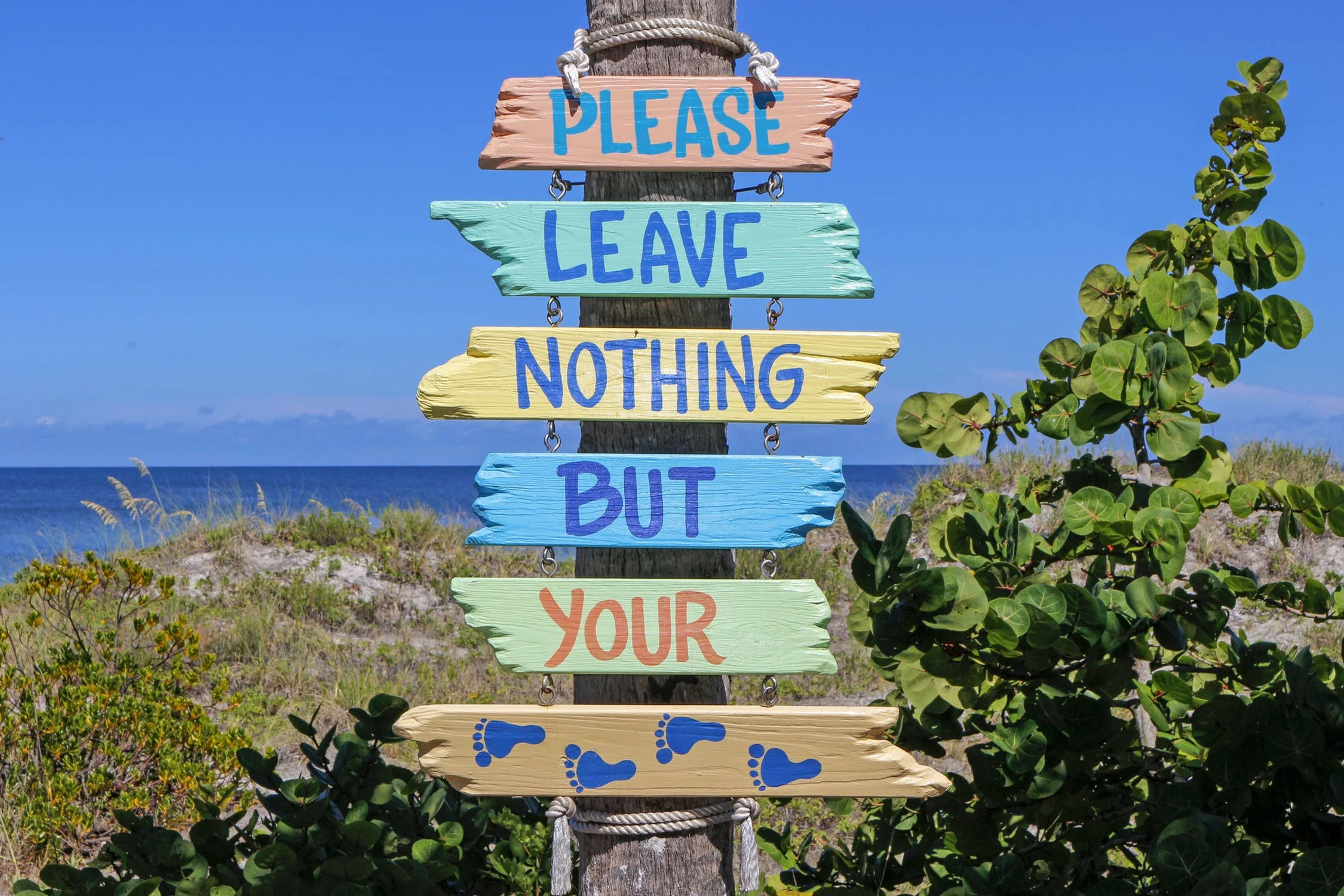DR. LORI PENNINGTON-GRAY TALKS DESTINATION RESILIENCE - SETTING THE PRECEDENT
January 27th, 2019
“With the rise in the number of crises globally that are affecting our industry, it is no longer simply enough to look at planning from a crisis management perspective alone.”
Over the past year, Professor Lori Pennington-Gray has published a number of articles in the realm of destination resilience as well as crisis communication and management. This type of research has arisen from the increased frequency and intensity of threats to the tourism industry; whether terrorism, natural disasters, or even health and wellness (diseases).
But what is Destination Resilience?
Dr. Pennington-Gray defines destination resilience as the “ability to recovery quickly and efficiently from a variety of crises” (Cahyanto & Pennington-Gray, 2017). In other words, how resilient a destination is can be somewhat measured by how fast a destination or community can bounce back after a shock to the system. Each academic perspective has a different approach to measuring resilience so the transition to a destination specific framework is still in its infancy.
Dr. Pennington-Gray’s research is housed within the Tourism Crisis Management Initiative (TCMI) where she works alongside a group of her own PhD students as well as other faculty members and professors from around the globe. This group has a number of internationally recognized models and articles for tourism crisis communication as well as tourism crisis management. Dr. Pennington-Gray says, “I want to make a difference in the industry, and I want to research things that the industry can use to manage and recover more effectively as well as create an industry which is safer for travelers such as myself.”
One of the more recent developments has been the importance of social media in crisis communication. In one article, co-written by Dr. Pennington-Gray and one of our PhD student’s Danielle Barbe titled “Destinations’ Response to Terrorism on Twitter.” They looked into communication and marketing strategies during times of crisis for Destination Marketing Organization’s (DMO’s), and what is the most efficient method for getting out high sensitivity material to the audience/inhabitants of a certain community without causing panic[P1] . In their findings, they found that DMO’s do not accurately monitor and update their social media platforms in this case, twitter effectively and accurately enough to warn the community of potential threats. There is much that needs to be done in the realm of crisis communication, destinations aren’t educated on the proper techniques on how to respond and inform the public through a viable means.




